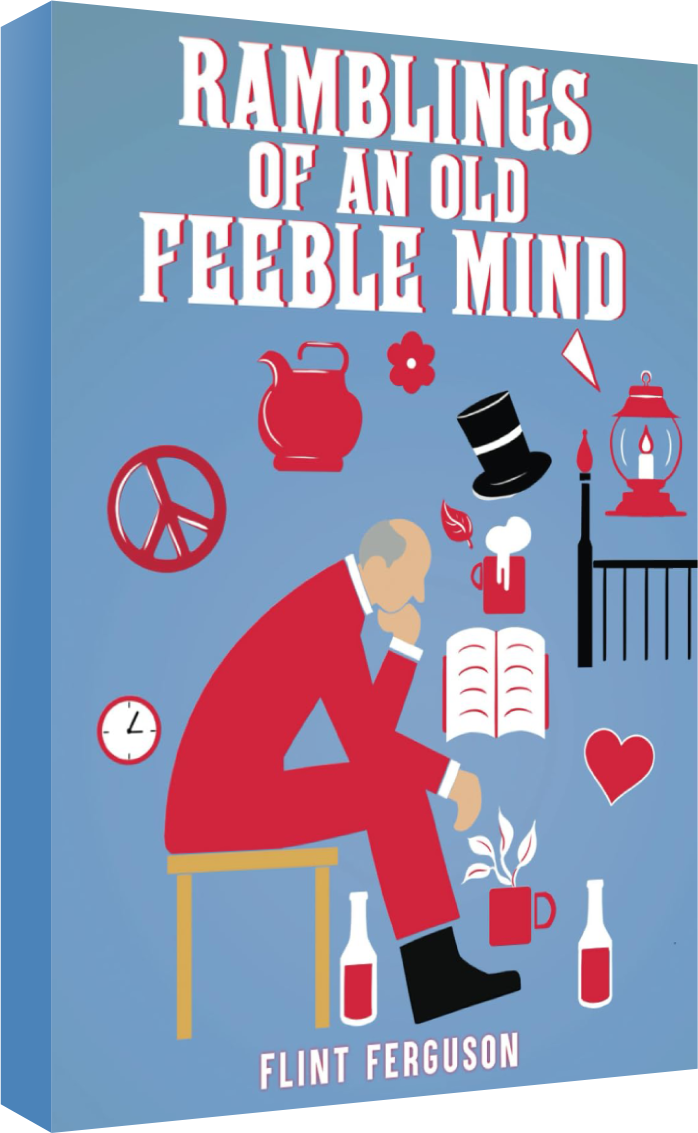There’s something about a father’s influence that shapes us in ways we don’t realize until much later in life. Sure, they give us direct lessons, lectures, and “how-to” speeches, but it’s the unspoken things—the quiet moments, the actions, the way they carry themselves—that leave the deepest marks on us.
Fathers have this incredible way of teaching us without ever needing to say a word. Flint Ferguson’s poem, I Knew A Man, from the Ramblings of an Old Feeble Mind reminds us of this. The poem is a beautiful tribute to a father—a man who didn’t need to teach in the traditional sense because he was, simply by being, an example of strength and wisdom. Let’s learn in this blog, how fathers influence our personalities and teach us lessons that continue to guide throughout our lives.
Fathers Shape Our Behavior Through Example
I think one of the greatest gifts a father can give us is the gift of a strong example. They show us how to be decent people by being decent themselves. Their being compassionate to others, making tough decisions, or handling disappointments gracefully, constantly teach us how we should behave. It’s like a silent classroom where every move is a lesson, and we don’t even realize we’re in class.
How Fathers Influence Our Personalities
In Flint’s poem, he shares how he continues to learn from his father’s example, even after his passing: “I’m still learning lessons that he tried to teach me using his guidance as a compass.” This idea of the father as a compass, guiding us even after he’s gone, really connects. Even in their absence, our father’s lessons are still there, serving as a moral compass that give us inner strength.
What Would Dad Do?
One of the most powerful phrases from the poem—and one that I think many of us can relate to—is: “When I find myself in need of guidance and direction, I ask myself. What would Dad do?” How many times have we found ourselves in moments of uncertainty and thought, “What would my dad say or do in this situation?” Even if our fathers are no longer with us, their influence continues to live on in those questions.
If you’re someone who enjoys meaningful poetry, reflective writing, or simply a reminder that it’s okay to talk about the things we often keep to ourselves, Flint’s first book is a must-read. It’s a journey through the author’s heart and a reminder that, as we move through life, it’s okay to share what’s inside and connect with others.
So, if you haven’t yet, head over to Amazon and grab Ramblings of an Old Feeble Mind. It’s a beautiful read—and who knows? It might just help you remember or rediscover the lessons your own father taught you, even without words.
